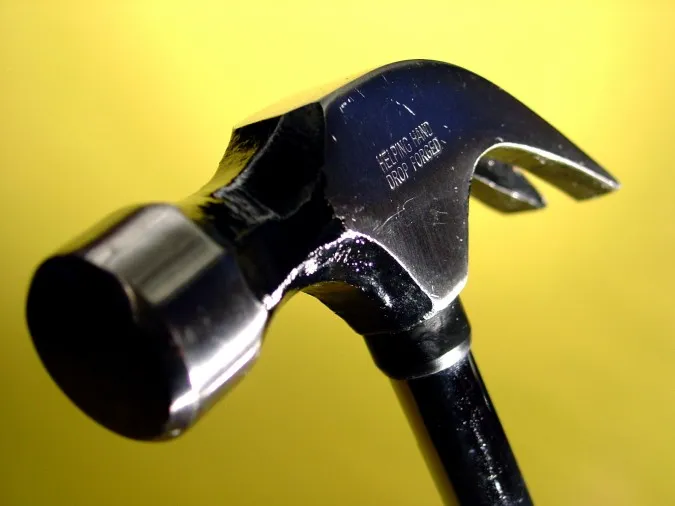Wreck or Protect? How Water Affects Your Appliances
A guest blog article by: Indy Soft Water
We all want to get the most out of our home appliances, but one of the biggest ways to prevent repairs (outside of regular maintenance services) is something so simple, we often forget it—our water! The kind of water you use in your home goes a long way in either wrecking or protecting your water-using appliances. Without the right water systems in place, you’re making your appliances age a whole lot faster.
Tap water in Indiana is notoriously “hard.” This means that it has high levels of dissolved minerals that can damage your appliances. While these minerals are naturally-occurring (calcium and magnesium compounds get picked up from rocks during the water cycle), hard water is a real nuisance around the home.
These are some of the top symptoms of hard water:
- Water Spots on your “clean” dishes
- Crusty Buildup on your shower head and around your faucets
- White Film inside your tea kettle or pots after boiling water
- Soap Scum in your sinks or around the bathtub
Hard water leaves minerals behind when it evaporates from your dishes and bathroom fixtures. Unfortunately, it also leaves these deposits in places you can’t see—like in all in the intricate parts of your appliances. These deposits build in rock-hard layers called “lime scale.”
The inner workings of your dishwasher, laundry machine, water heater, and humidifier all fall victim to lime scale buildup when your home uses hard water. Your water heater is particularly vulnerable against hard water. Sediments and lime scale build up on the bottom of your heater and on other internal parts. With too much hard water sediment at its base, your water heater can overheat, damage its electrical parts, and basically render the system useless by reducing capacity and efficiency. Because the scale is heated first, rather than the water, your system ends up wasting energy and your water won’t get as hot as it should be. All the more reason to get preventative maintenance services scheduled!
Similar hard water problems can occur with a whole-house humidifier, too. As more and more minerals pile up on your system they’ll interfere with how well your humidifier functions by plugging the solenoid valve, that open/close device that allows water to flow. Keeping a clean humidifier—and water heater—has a lot to do with using water that’s “soft,” instead of hard water.
This is why people love soft water:
- Spot-free dishes
- Hair feels smoother
- No more mineral buildup
- Soap lathers and rinses better
- Longer lifespan for water-using appliances
- And the list goes on…
A lot of homeowners choose to install a water softener system because it removes the minerals in hard water and helps protect their major home appliances from getting sediment buildup. Like the name suggests, when you have a softener in place, your home’s water becomes wonderfully “soft!”
Got any questions about whether a water softener is right for you? Check out the Indy Soft Water website, send us a message, or call (317) 228-9822. We’ve been your local water experts since 1964, and we’re always happy to chat!
Indy Soft Water is proud to serve the following Indiana areas: Carmel, Fishers, Greenwood, Indianapolis, Noblesville, Westfield, and Zionsville.




